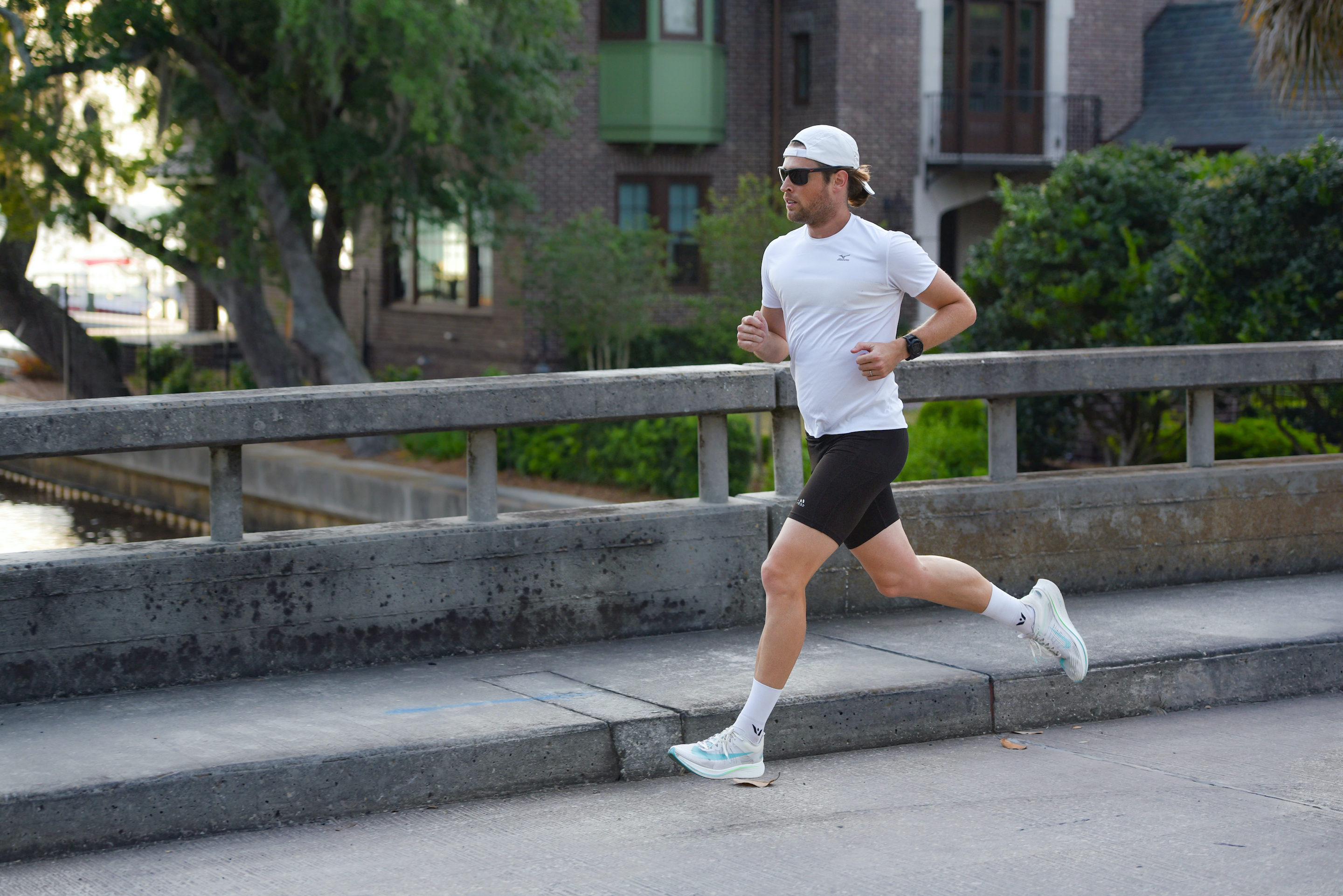


Oftentimes, when a runner starts to get serious about their sport, the first thing they will outsource is a good training plan, by hiring a coach to help them achieve their performance goals. Choosing a coach is ultimately a personal choice, but below are some factors that runners should consider when starting their hunt for a coach.
#1: Experience & Credentials
Experienced coaching
One of the first things you should look for in a coach is their experience. This experience can be in one of two areas, or, ideally, both: how much experience they have as a coach, and how much experience they have as a participant in the sport. While experience as a coach is best, we have seen athletes work with coaches who are new to coaching, but who have deep knowledge of the sport through their own experience training and competing at high levels. These coaches also understand how to create an effective training plan, the purpose behind workouts, and to balance hard work with the proper rest and recovery. Experience as both a coach and a runner is a benefit for runners to consider when looking for a coach.
Experience running at the level you are trying to achieve
Another point of consideration, if you are running at a higher level, is to look for a coach who has experience running at, or higher than, the level you are trying to achieve. While a coach who is a 4:00 marathoner would be a great coach for many marathon runners, if you are a 34-year-old man looking to qualify for the Boston Marathon, this coach might not be the right fit for you. The rule of thumb in this area is to look for a coach who has successfully and consistently competed at or higher than your goal level of fitness.
Credentials like RRCA, etc.
Finally, as with all areas of sport, it is important to consider a coach’s credentials. There are two prominent providers of coaching certifications in the United States: The Road Runners Club of America (“RRCA”) and USA Track and Field (“USATF”). Other certifications include the Jack Daniels VDOT Coach Certification and the Lydiard Coach Certification.
#2: Personality
One often overlooked factor for choosing a coach is the coach’s personality, and how the coach and athlete get along. When you’re looking for a coach, be clear with yourself about what you want/need: do you want someone who is a cheerleader? Do you want someone who is going to analyze all of your workout splits, and provide a detailed analysis? Do you want a more hands-off approach? How much encouragement and feedback do you need? Some coaches are detail oriented; some coaches are bigger picture-focused; some are methodical; some are disorganized; some ride their bicycle next to you to keep you motivated during a hard workout; others wait to look over your performance at the end of each week. Each coach is unique in what they offer, so it is important to keep in mind what you personally need, and to look for someone with those traits.
#3: Coaching Philosophy & Offerings
Different coaches prescribe to different philosophies. Even in one geographical location, one coach may be focused on heart rate training, while another solely utilizes Jack Daniels VDOT training. Some coaches like to utilize a variety of gadgets and apps to track their athletes’ performance; other coaches stick to a simple excel spreadsheet. More importantly, some coaches are more aggressive with things like mileage and pace, while others choose to keep their athletes at lower mileage and moderate paces. Before choosing a coach, look at their coaching philosophy and how they create a training plan, and make sure it aligns with what you want. No method is the right method, but there is a right method for you.
In addition, look at the offerings of each coaching plan. Does the monthly coaching plan include in-person training sessions, group runs, strength training, and/or race day strategy? Or is it simply a calendar of well-thought-out training, based on your fitness level and goals? Some coaches offer just a training plan, while others offer a much wider variety of services. Often, coaches will offer both, at different price points, for athletes with varying needs and cost considerations.
#4: Location
Do you care whether your coach is local, or do you prefer virtual services? Location can play a big factor in your selection of a coach, depending on if you want in-person training. Most coaches offer in-person and virtual services, so be aware of which you prefer when you are making your selection.
#5: Cost
Last but not least, cost is always an important factor when selecting a service. Monthly coaching can range from $50 - $200 or more, depending on the services offered as part of the coaching plan. Be sure to look at what the coaching price is for the plan you select.